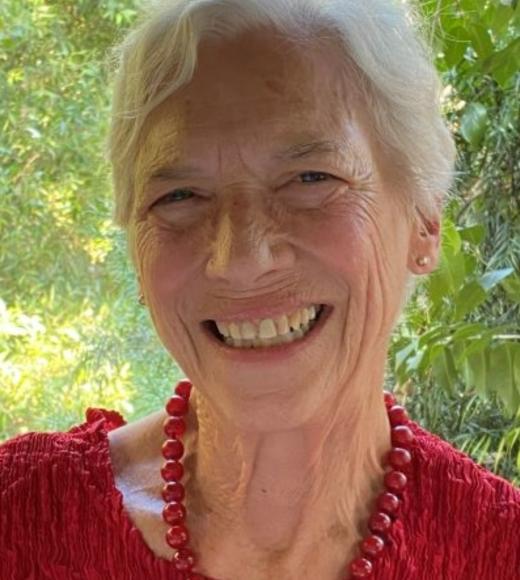
Patricia Greenfield
Ph.D.
Distinguished Professor of Psychology, UCLA
Visiting Scholar, Human Evolutionary Biology, Harvard University
Patricia Greenfield received her A.B. summa cum laude and her Ph.D. from Harvard University. In addition to being a UCLA professor, she is a Visiting Scholar in Harvard's Department of Evolutionary Biology. At UCLA, she was the second recipient of the Gold Shield Faculty Prize for distinguished undergraduate teaching, research, and university service. In 2022, she was recognized by the UCLA Academic Senate for Career Commitment to Diversity, Equality, and Inclusion. Nationally and internationally, she has been recognized for research and theory development from a wide variety of scientific organizations and is a member of the American Academy of Arts and Sciences. Her fellowships include Harvard-Radcliffe Institute; School for Advanced Research, Santa Fe; and Stanford Center for Advanced Study in the Behavioral Sciences.
Greenfield's research and teaching focus on the relationship between culture and human development. Her theory of social change, cultural evolution, and human development has generated a broad array of empirical research with collaborators at UCLA and around the world. Her book, Weaving Generations Together: Evolving Creativity in the Maya of Chiapas, was awarded the best book in ethnic textile studies from Textile Society of America and became the catalog for a Maya textile exhibition at Powell Library, UCLA, and the Maxwell Museum of Anthropology, University of New Mexico. Current research topics include intergenerational shifts in ecology, culture, cognition, behavior, and parenting on five continents; cross-cultural value mismatch experienced by first-generation college students at UCLA; and links from cultural processes to digital communication and social development.
Pandemic Culture: Adapting to Survival Threat and Small-Scale Social Environments
What are the cultural, behavioral, and psychological effects of the coronavirus pandemic? Patricia Greenfield’s theory of social change, cultural evolution, and human development predicted that, when survival concerns augment and one’s social world narrows, behavior shifts towards activities, values, relationships, and parenting expectations typical of small-scale rural subsistence environments with low life expectancy. In the U.S., big-data studies of spontaneous online behavior and large-scale survey research confirmed these predictions. Subsequent cross-cultural study demonstrated the same effects across the globe in Turkey, Indonesia, Mexico, and Japan. However, the impulse to turn towards activities and values found at a much earlier point in human history took place in a very different environment, notably an environment with sophisticated capacities for electronic communication. Given this communication technology, Greenfield’s team explored how people were using the electronic environment and the psychological effects of mediated communication. At the beginning of the pandemic, it was found that increases in texting, video calls, and phone were serving as a compensation when in-person interaction was not possible; and this compensatory effort had positive effects on people’s sense of well-being and emotional state.
